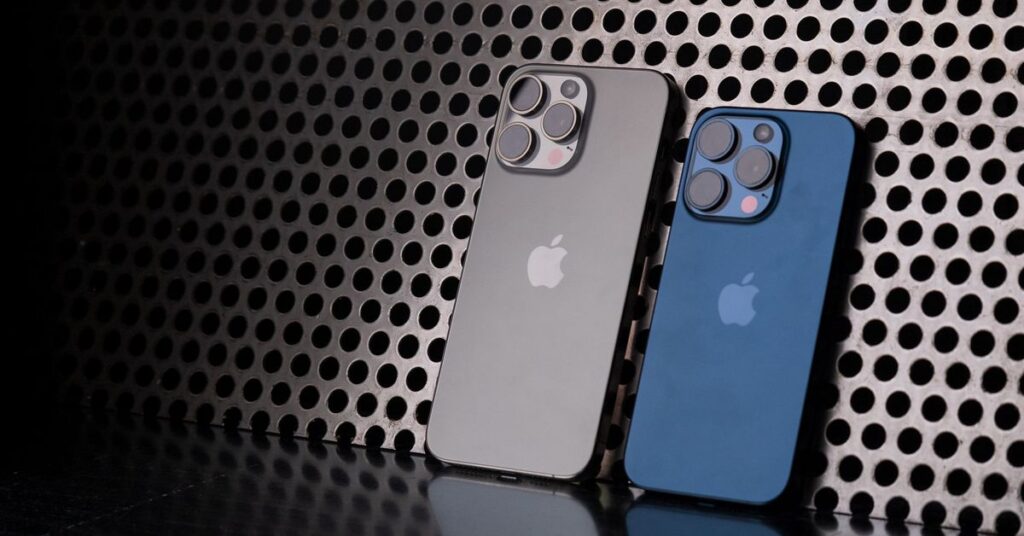The new Apple Intelligence feature in iOS 18 may be the most impressive integration of artificial intelligence software and consumer hardware yet. Apple’s artificial intelligence tools will be able to take action, manage your notifications and rewrite text based on what it knows about you. These things can make daily use of your iPhone better. But they won’t work unless you own one of Apple’s latest and most expensive iPhone models.
Artificial intelligence has quickly become the latest entry point into the tech industry’s desire to drive never-ending upgrade cycles. A few years ago, every smartphone manufacturer was racing to get into 5G; more than a decade ago, the TV industry was pushing 3D TVs. Every tech company these days clearly sees the opportunity of AI and is adding AI capabilities to its latest and greatest devices as a result. But like the race for 5G, the mad rush to AI is happening quickly before the technology is proven useful and its problems are solved.
To use Apple Intelligence on iPhone, you need to have an iPhone 15 Pro (starting at $999) or iPhone 15 Pro Max (starting at $1,199). This may disappoint iPhone 15 and 15 Plus owners, whose phones are less than a year old. iPad and Mac users are in luck: You’ll need to be running one of the devices with an M1 chip or newer to try Apple Intelligence for yourself, so any device from the past few years will work. (Of course, M-series chips are another reason Apple encourages device upgrades.)
Apple isn’t necessarily playing tricks here, as it does need to improve hardware to run advanced artificial intelligence systems. Artificial intelligence processing is very demanding. Apple isn’t the only tech company applying some of its best new artificial intelligence software capabilities to specific hardware. Only new Copilot Plus PCs from Microsoft and others will support some of the AI features in Windows, such as (controversially) Recall. Google initially said that its Gemini Nano model would only be available for the Pixel 8 Pro, although the regular Pixel 8 has the same Tensor G3 chipset.
On the other hand, it’s unclear just how strict these hardware restrictions are. Apple hasn’t said exactly why Apple Intelligence isn’t available on older iPhones. Many AI functions are local, but more advanced queries are often offloaded to the cloud. Given that Google recently said that the Pixel 8 will actually be able to run the Gemini Nano, these limitations may not be as obvious as the tech company says. Apple did not respond to a request for comment about the hardware limitations.
As a huge fan of the iPhone 12 Mini, this potential upgrade push is a huge shame. Since its launch in 2020, this little phone still works perfectly for me, despite its poor battery performance. I haven’t had any major reason to upgrade my phone in years, and this saves me a lot of money while still being able to use the vast majority of new features included in iOS upgrades.
I’ve always wanted to keep my mini phone until it dies. But if these Apple Intelligence features actually work, I might end up getting a new iPhone sooner than I expected.
To be fair, you don’t have to upgrade your device just to get some new AI features. iOS 18 will be available for all iPhones running iOS 17 (devices dating back to the 2018 iPhone XR and XS), which means many people will still get improved home screen customization, convenient new messaging tools (use any emoticon) Symbol to fight back! ) and other functions. Of course, if your current Windows machine and Pixel phone are working fine, you can continue to use them.
But what is certain is that Apple, Microsoft, Google and other companies will continue to add new artificial intelligence features to their operating systems, and these features will require better hardware. Apparently they think (or maybe just hope) these features will be compelling enough to make the upgrade more appealing, even if you don’t real Need it.

